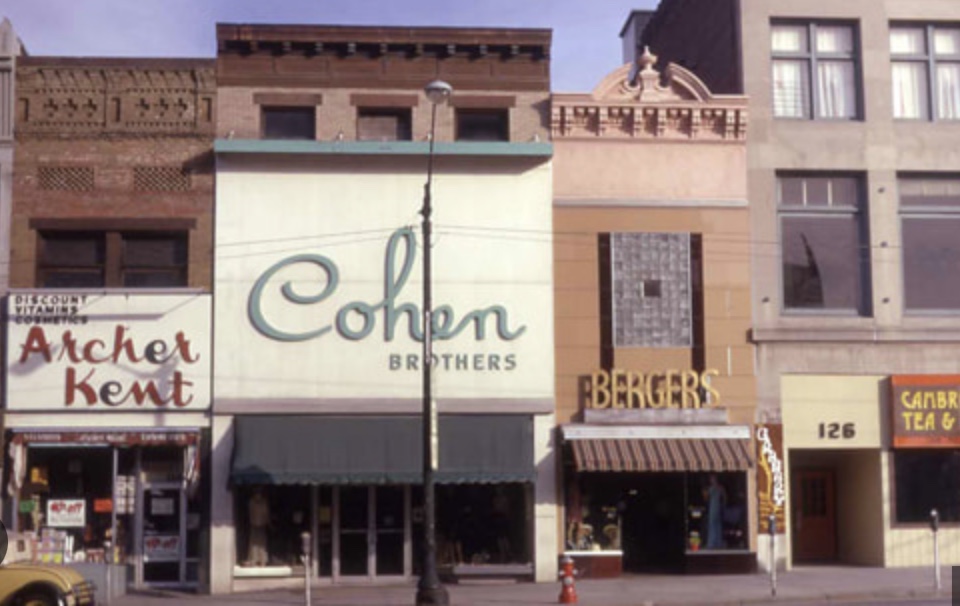Waking up at 5am to Write
My daughter turned nine this week. Nine is the age of competency in my mind. “The nine-year-old is no longer a mere child,” quoth the fabled child psychiatrist Arnold Gesell….

with a little help from Barbara Abercrombie and Henry David Thoreau.
Revision is writing, but it’s a different kind of writing from the jagged, ebullient flow of first draft. When I’m in first draft mode, I’m a kid with a panoply of fingerprints. I’m playing. I’m experimenting. I’m having a blast. I don’t make any rules for myself except about time commitment and word-count quantities.
Revision is no less “creative,” but it’s a more grown-up, measured part of me. It can be demoralizing to pick up a draft from several months ago and try to make sense of what I was trying to say. And “revision” for me, at least when I’m writing a novel, is not, like, a one-time dealio. I revise and re-read, revise and re-read multiple times. There’s no end to it. Even after the book is accepted by the publisher and on its way to galleys, there’s the proof-reading stage. (In my case, I bought the rights back for my first novel Plastic Angel and am in the process of revising it to release as an ebook with an expanded soundtrack. So when I say “never-ending,” I’m serious as a heart attack.)
I just finished a seven-week edit of a draft of my novel Pimmit Run. My editor had given me so many line edits and larger questions that the experience felt overwhelming at first. Especially where she wanted more showing instead of telling. So I thought I’d use some of the exercises i’ve been sharing on my Instagram page to see how I could “write the event itself,” in the words of Henry David Thoreau, rather than reporting it. In other words, show don’t tell.
Here’s the first-draft passage from Chapter 7 of Pimmit Run. You see how I am relating, telling instead of showing?
Pimmit was dirty and ugly. Rhodie and Peter plotted to run away together, return to New York where they would live with their grandparents and aunts. They’d conspire in whispers as they were force-marched around the town, being told by Mama or Papa how lucky they were to live here. Papa took them on field trips every Friday, touring the paper-mill buildings, finding houses on the Underground Railroad, visiting the old utopias. Papa said the first utopias died, but now there was a new one, and it had no walls because it was the entire town. He invited his new utopia friends into the house and they sat around the living room eating smelly cheeses with not enough crackers and drinking tea and saying boring things about a Better World, and how bad it was that the remaining paper mill Piermont & Sons was still polluting Pimmit Run scot-free. The only one Rhodie liked was Marilyn, who always brought her and Peter and Zhsanna presents, usually stuffed animals. Peter said Harry had traded New York for Pimmit the way Zhsanna was always trading her best stuffed animals for Rhodie’s worst ones. Papa said, “All the people we would have wanted to be friends with in New York moved up here, anyway. It’s got tremendous potential. It’s so beautiful. It’s paradise. Plus, we have all the culture and none of the traffic.”
“But the buildings aren’t even tall,” Peter argued. “They shouldn’t even be called buildings compared to New York skyscrapers!”
And here it is revised to show, not tell.
Fridays were field trip days, when Mama and Papa would take them on a tour of the paper-mill buildings, or they’d search for houses on the Underground Railroad. Today, they were trying to locate one of the old utopia houses but Papa couldn’t seem to remember where it was.
“The first utopias are over,” Papa said, turning to walk backwards, “but now there’s a new one, and it has no walls because it’s the entire town!” He spread wide his arms and grinned.
Mama, pushing Zhsanna in the carriage, grumbled, “Any minute now, Harry.”
“Why would anyone want to build a utopia here?” Rhodie whispered to Peter as they lagged behind. “Pimmit’s dirty and ugly.”
In a slightly louder voice, Peter said, “When we get big, let’s run away to New York.”
“Where will we live?”
“With Grandmother and Grandfather and Aunt Alizia.”
Papa had overheard. “You really don’t want to move back to New York. Try to enjoy this place. It’s got tremendous potential. It’s so beautiful. It’s paradise. Plus, we have all the culture and none of the traffic.”
“But the buildings aren’t even tall,” Peter retorted. “They shouldn’t even be called buildings compared to New York skyscrapers!”
“Stop complaining,” Mama snapped as they passed another store with flakey paint. The one next to it was covered with dirty boards and stapled papers. “You’re lucky to live here!”
“We are not!” said Peter. “Where are the real restaurants?”
Mama groaned and didn’t look around from the carriage. “I can’t believe you kids. We just ate lunch at Woolworths!”
“Woolworths isn’t a restaurant,” said Peter. “And why is that guy wearing a dress?”
“Peter, don’t point,” said Papa, smiling apologetically at the man in the dress.
Mama added in a low voice, “Lots of men in New York wear dresses. It’s perfectly healthy and good. It means this town likes our kind of people. It means they’re open-minded.”
To see the reels I made on these subjects, see below:
Join the Conversation. Post with kindness.
Nerissa,
I don’t see the reels you say are below. What am I missing?
Dave Gerlits
Thanks for pointing that out, Dave. I just updated the post with the Instagram reels.
Great examples, Nerissa!